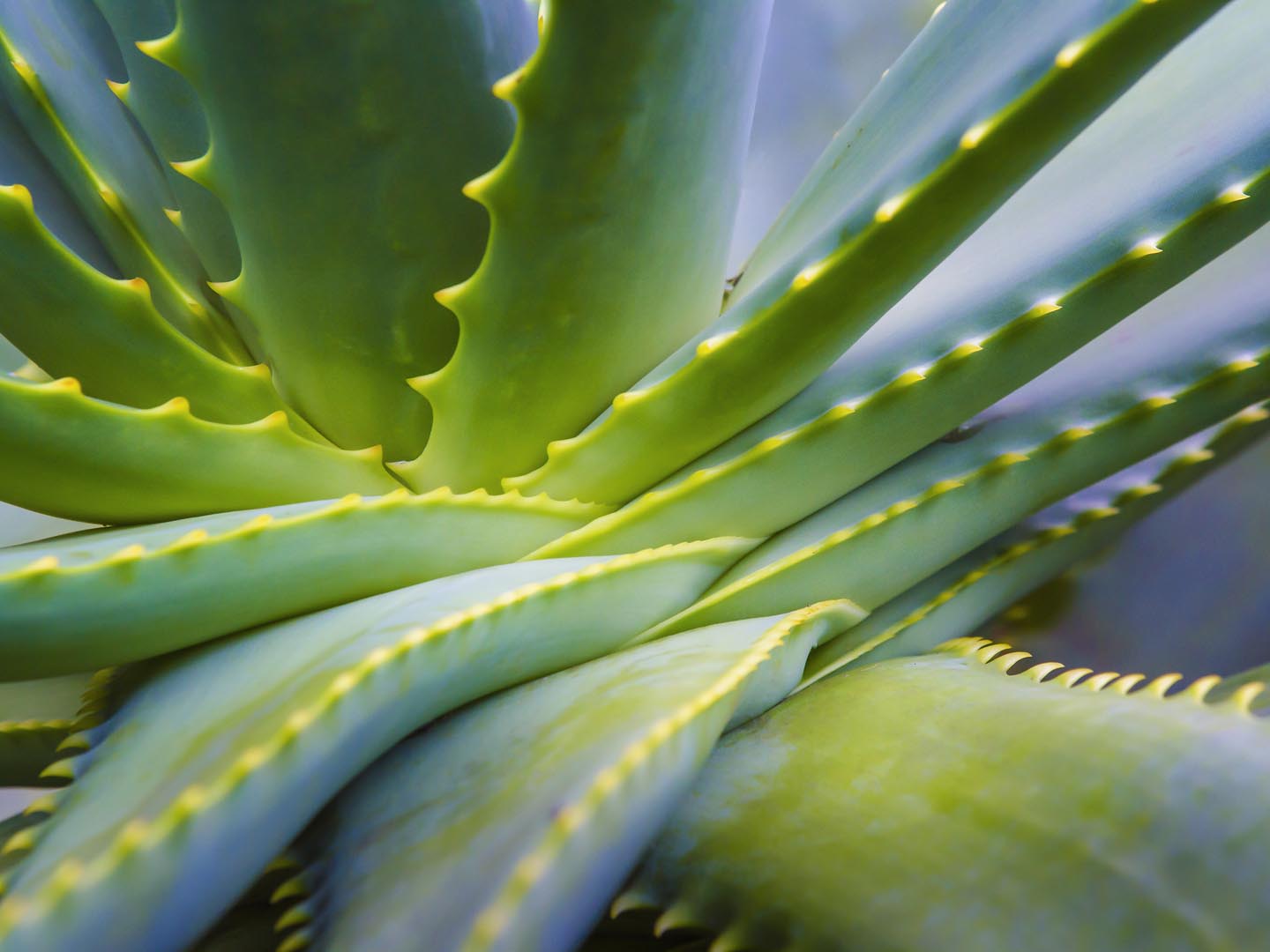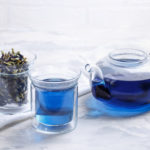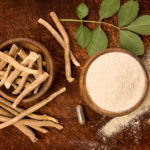Ginkgo Biloba

(Ginkgo biloba)
The Ginkgo biloba tree, typically known only as ginkgo, is native to China and has become a popular ornamental and shade tree worldwide, revered for its distinctive, fan-shaped leaves. It is extraordinary in several respects. The genus first appeared in the Permian era, some 250 million years ago, and the biloba species is relatively unchanged from that time, making it a true “living fossil.” It is also exceptionally large and long-lived, with specimens reaching up to 120 feet in height and over 1,000 years in age. Other names for it include fossil tree, maidenhair tree, kew tree, bai guo ye, and yinhsing.
The herbal supplement Ginkgo biloba is one of the few commonly known by its Latin genus and species names. It is popularly used in the U.S. and Europe to enhance memory and improve circulation. Ginkgo leaves produce flavonoids, which have antioxidant properties that may help neutralize the presence of free radicals in the body. Free radicals are associated with accelerated aging, cell damage, heart disease, cancer, and other chronic diseases.
Though the fruit of the Ginkgo biloba tree produces seeds that can be eaten – the ginkgo nut is used in the traditional Asian dish congee – ginkgo seeds can be toxic, so extracts made from the dried leaves of Ginkgo biloba are used for modern medicinal purposes.
How Ginkgo Is Used:
Gingko has been used to treat a wide variety of illnesses including: circulatory disorders, memory loss and other symptoms associated with Alzheimer’s disease, asthma, cardiovascular disease, glaucoma, vertigo, tinnitus (ringing in the ears), hearing loss, and sexual dysfunction.
Some studies have shown that Ginkgo biloba improves cognitive function in healthy adults, including improvements in social behavior and fewer feelings of depression.
Animal studies have shown that extracts can slow the spread of protein deposits in the brain that are characteristic of Alzheimer’s disease. However, a large 2008 study in the U.K. showed no improvement in people with Alzheimer’s disease during a six-month trial compared to those who took a placebo.
Dr. Weil believes that the preponderance of evidence indicates that Ginkgo biloba holds promise as a means of both preventing and alleviating aspects of Alzheimer’s disease, but that more research is needed to confirm its effect.
Available in:
Ginkgo biloba is available in tinctures, capsules and tablets.
Ginkgo’s Herb / Drug Interactions:
Ginkgo biloba leaf extracts are generally considered to be safe and free of side effects. Seeds may be toxic if ingested at high doses.
Ginkgo biloba may interact with blood-thinning medications such as Coumadin (warfarin) and aspirin. It may also interact with medications for high blood pressure and diabetes, so check with your doctor before taking ginkgo.
Other safety concerns:
High doses of the herb could cause diarrhea, nausea, or vomiting. As with other blood-thinning medications, Ginkgo biloba should not be taken in the weeks before surgery or other invasive procedures.
When buying:
You can buy capsules of ginkgo extracts in most health food stores, although brands vary considerably in their content of active ingredients, such as ginkgolides.
Dosage:
For memory enhancement, try a two-month trial of 120 milligrams of a standardized extract in divided doses, two to three times a day with meals.
Child dosage:
There is insufficient evidence to establish its safety in children, or pregnant and nursing women, so in these circumstances its use should be avoided.
What Dr. Weil Says About Ginkgo Biloba:
Ginkgo has a reputation for enhancing memory and cognitive function generally. Beyond that, many people fear developing Alzheimer’s disease, and desire to do all they can to prevent it. In general, to reduce the risk of both age-related memory loss and Alzheimer’s disease, you should maintain a healthy lifestyle, including eating an anti-inflammatory diet that is free of processed and refined foods. Beyond that, Ginkgo biloba may help improve memory and some studies suggest that the 120 milligram dose noted above could slow the progression of early Alzheimer’s disease.
Sources:
Memorial Sloan-Kettering Cancer Center – mskcc.org/cancer-care/herb/ginkgo#field-herb-scientific-name
Natural Health, Natural Medicine – The Complete Guide to Wellness and Self-Care for Optimum Health, by Andrew Weil.
University of Maryland Medical Center – umm.edu/altmed/articles/ginkgo-biloba-000247.htm









